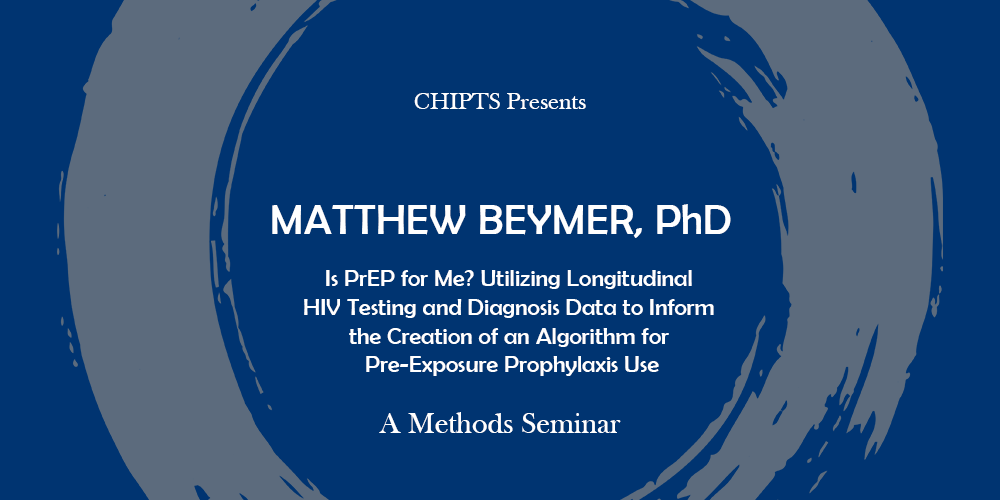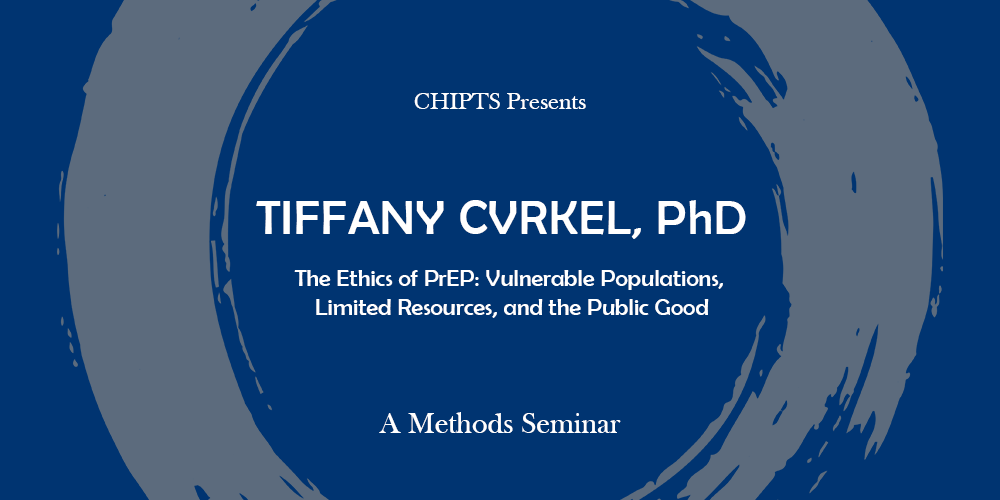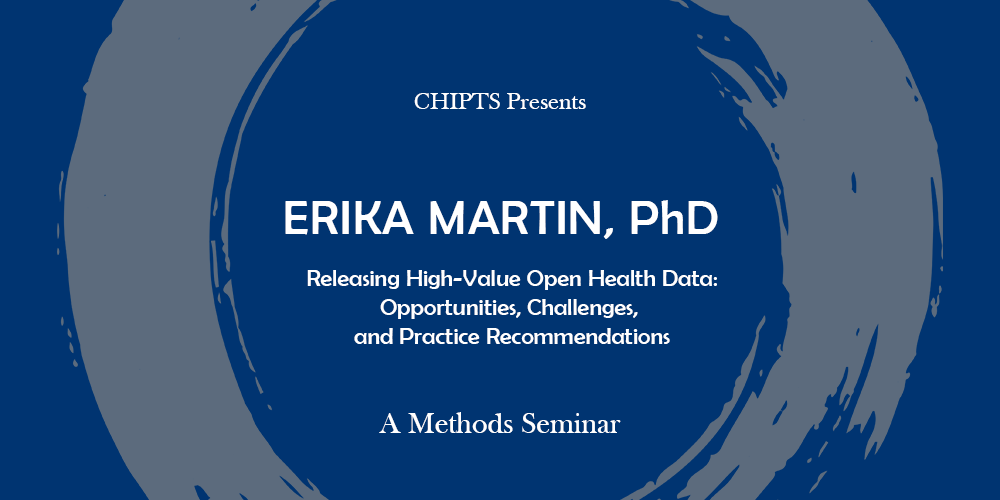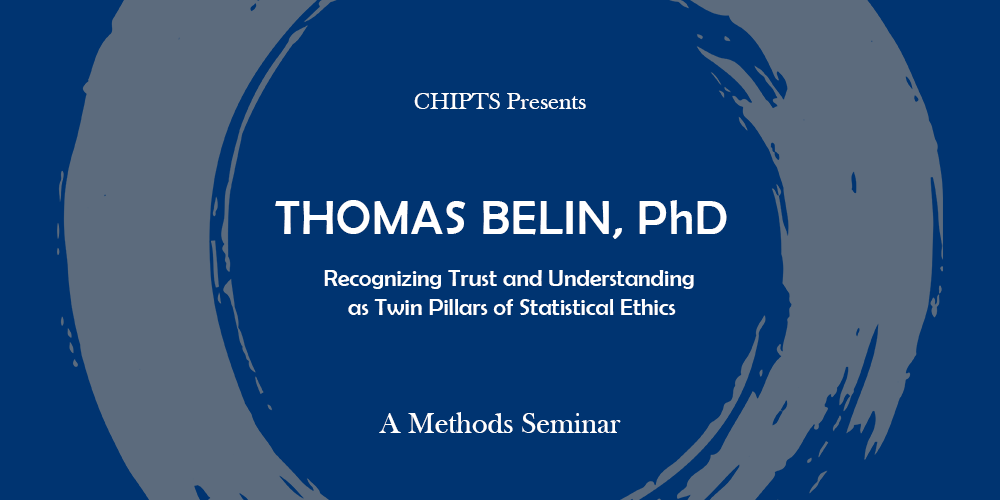
Matt Beymer, Ph.D.
Postdoctoral Scholar, UCLA David Geffen School of Medicine
Pre-exposure prophylaxis (PrEP) is a once-a-day pill that can greatly reduce the chances of contracting HIV among HIV-negative individuals. Although PrEP is recommended for certain groups of gay and bisexual men, many men are still unsure if PrEP is right for them. This talk will detail the methods used to create a prospective HIV Risk Algorithm which provides targeted PrEP recommendations for gay and bisexual men in Los Angeles. The talk will conclude with a presentation of the interactive website developed from this study and a look forward towards enhancing PrEP uptake among the groups most heavily affected by HIV.
The CHIPTS’ Methods Core hosts a monthly seminar series, which are one-hour workshops on research and statistical methods. The seminars are open to HIV researchers, faculty, students, and community. To see previous seminars, check out the Methods Seminar tag or you can find seminar videos on our Youtube Channel! This series is hosted by the Center for HIV Identification, Prevention, and Treatment Services (CHIPTS) and made possible by funds from the National Institute of Mental Health (MH058107).







